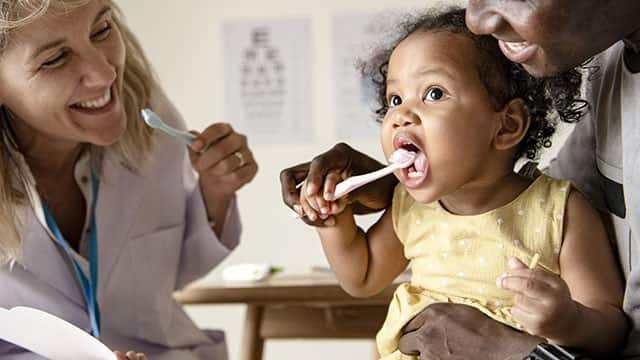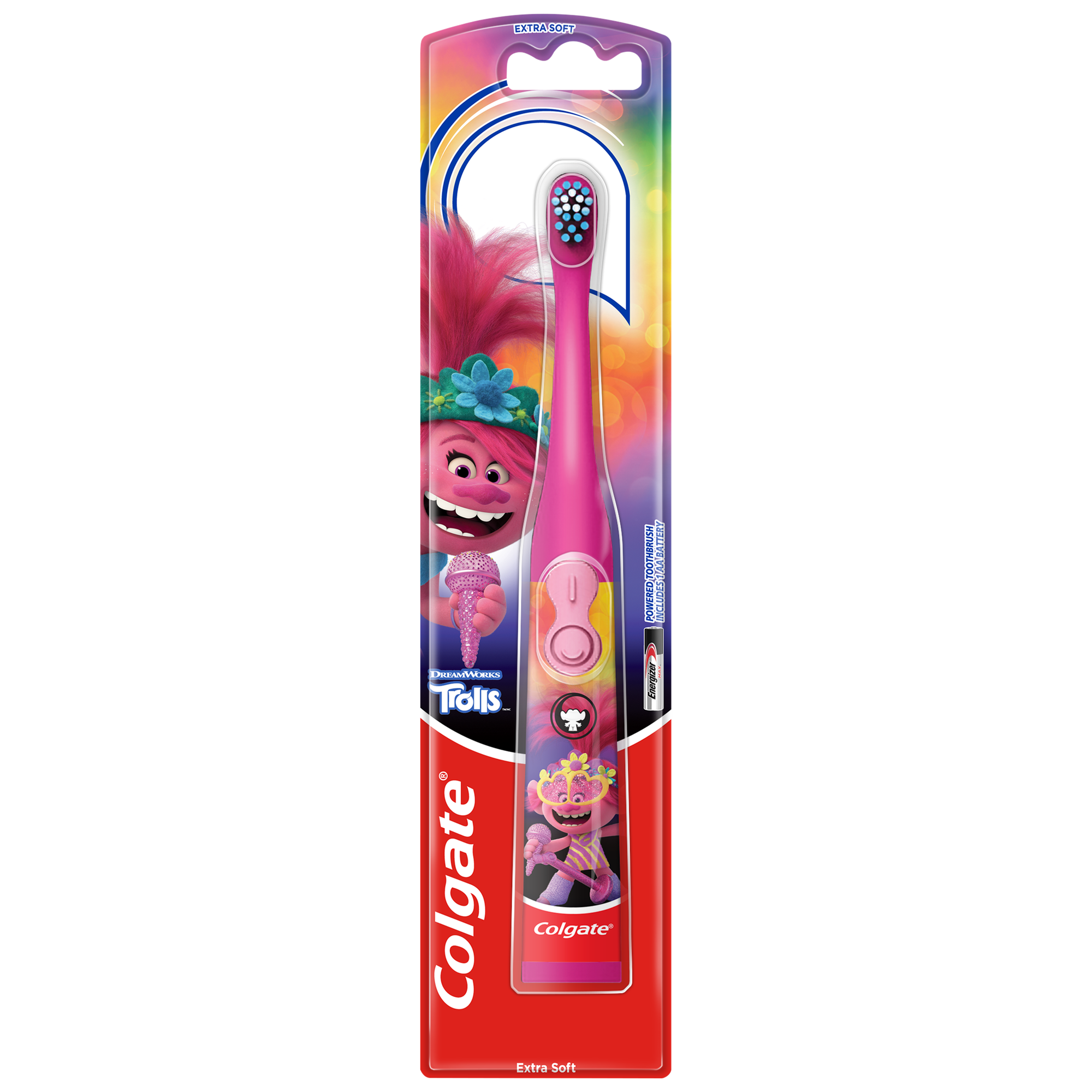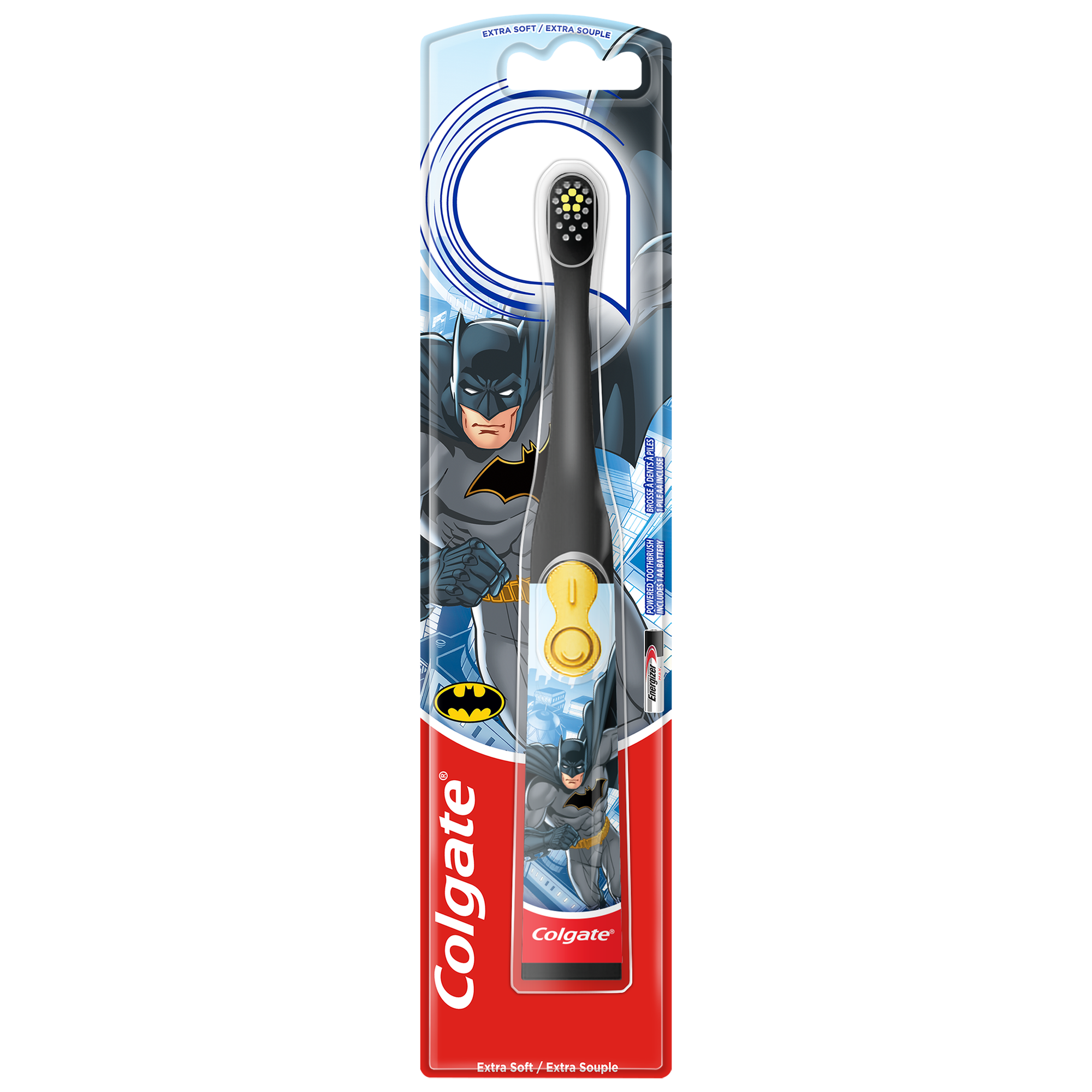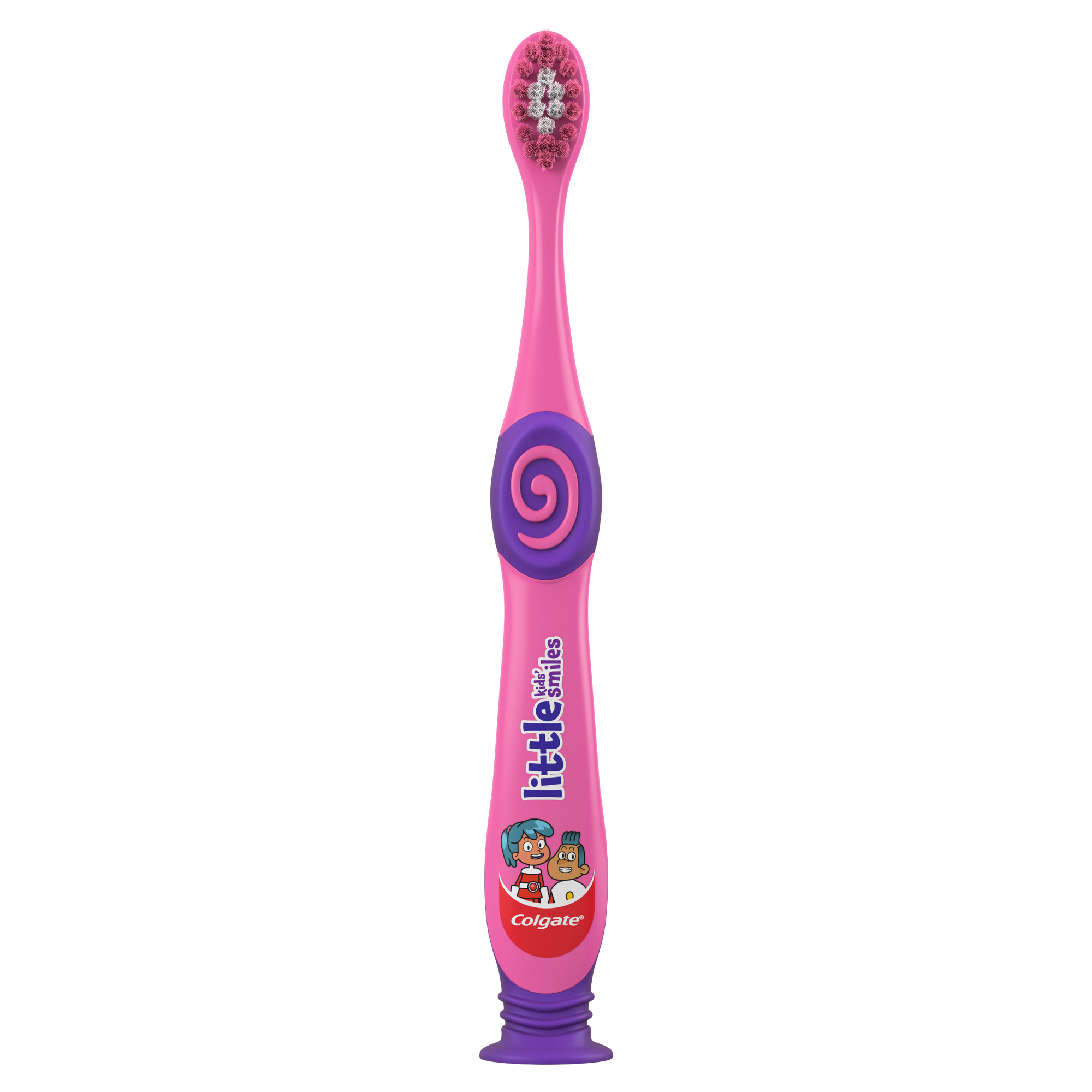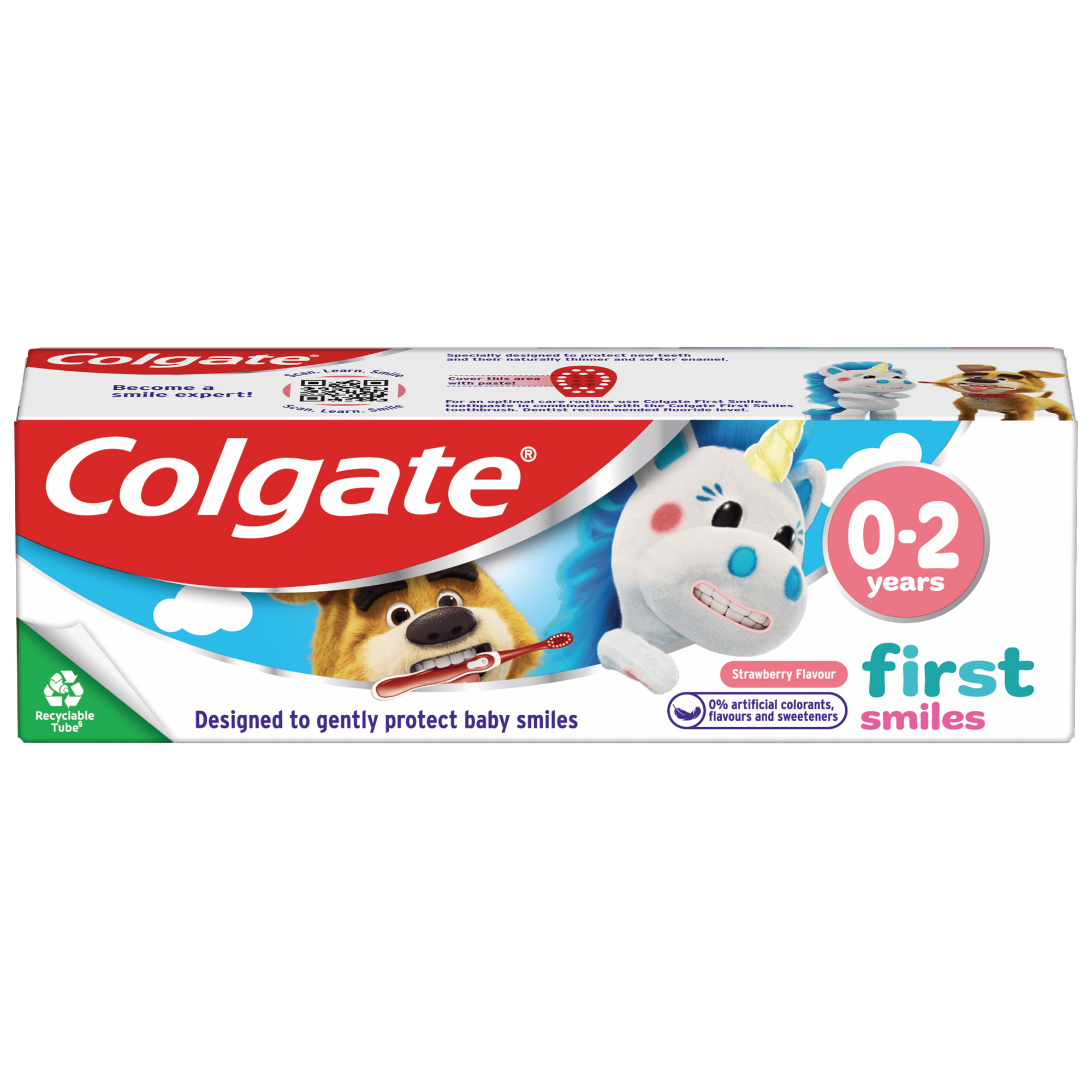So, what causes toddler tooth decay? We'll provide the answer and fill you in on how to prevent and treat the decay. After all, you'll want your toddler's baby teeth to continue being adorable – and healthy.
What Causes Tooth Decay in Toddlers
Toddler tooth decay (aka cavities or dental caries) occurs when bacteria within the mouth begin to eat away at the baby teeth. We want you to be aware that the decay results from four common causes that are highly preventable.
Sleeping with a Bottle: There's even an unofficial valid term for this: baby bottle tooth decay - officially known as early childhood caries (ECC). The cause of this condition is giving your toddler a bottle filled with milk or juice at nap time or bedtime. The bottle's sugar-laden liquid can remain in your child's mouth for hours or all night. And that creates an ideal breeding ground for bacteria to flourish and tooth-weakening acids to form.
Unhealthy Eating and Drinking Habits: If you give a toddler a bottle or sippy cup with milk or juice to carry around, that, too, breeds bacteria. As does letting your child suck on sweets for prolonged periods or eat a lot of sugary foods.
Insufficient Dental Care: Not regularly brushing your toddler's teeth or taking your little one to a dentist regularly. These two non-actions can lead to tooth decay.
Prevention: How to Cavity-Proof Your Toddler's Teeth
To prevent tooth decay in your toddler's mouth, the secret is to reduce the amount of time their teeth are exposed to decay-causing, acid-forming sugars. Here are some actions you can take.
Give sleepy children water only: If you give your child a bottle or drink before bedtime or naptime, always choose water, never milk or juice.
Only pour water into sippy cups and carry-around bottles. Of course, you want to provide your growing child with the nutrients in milk and juices. But it's best you only serve those liquids during mealtimes when your child will drink them within a limited time – rather than sip them slowly throughout the day. (Same goes for any sugary or acidic drinks. And please avoid sugar-filled, acid-packed fizzy drinks.)
Serve more healthy foods, fewer sugary treats. By adding foods full of vitamins and minerals to mealtimes and snack times, you'll significantly and positively impact your child's oral health.
And limit candy, other sugary foods, and carbohydrates to special times when your toddler can enjoy them right away – not suck or chew them for long stretches of time.
Establish an oral health care routine. Definitely brush your toddler's teeth after eating sugary foods, but also make sure you take care of their teeth daily. Here's a great routine you can make loads of fun with songs and games:
- Brush your child’s teeth or help them brush their teeth at least twice daily. (More if necessary.) Supervise your child until they are at least age 7 to make sure they are doing a good job and not swallowing toothpaste. And please use:
- A brush with extra soft bristles that fits a toddler's mouth.
- Mild-flavoured fluoridated toothpaste without artificial colours or preservatives.
- The right amount of toothpaste: a sliver the size of a rice grain of toothpaste containing no less than 1000 ppm fluoride for ages 3 and under, and a pea-sized dab of toothpaste with more than 1000 ppm fluoride from ages 3 to 6 once your child has developed the skill of spitting out toothpaste.
- Clean gently between your child's teeth when two of them start touching, usually around age 2 or 3. Get your child to spit out the toothpaste after brushing and don’t let them rinse with water as this will wash away the fluoride.
Schedule regular dental appointments for your child. Your toddler should visit the dentist before you plan a first birthday party. The NHS provides these tips for your little one's first visit:
- Start taking your child to the dentist as soon as their milk teeth come in so they can get used to being in the dentist’s surgery.
- Accentuate the positive to make the visit anxiety-free.
- Try to make your child's trip to the dentist a fun experience so they won't be concerned about future visits.
During the visit, your dental professionals will:
- Catch and treat any dental issues sooner than later.
- Listen to you as you tell them about your toddler's oral routine, habits, and concerns.
- Advise you on additional oral care practices, teething issues, and preventive measures such as sealants and fluoride treatments.
- Recommend ways to stop toddler habits, such as thumb-sucking and depending on dummies.
Treatment for Child Tooth Decay
We know you don't want your child undergoing the same dental procedures you do to treat dental decay. But, unfortunately, if a permanent tooth is affected, depending on the extent of the decay and the damage it's done, children might need these treatments:
- Fillings: To treat smaller cavities with minimal decay
- Crown Insertions: To prevent bacteria from spreading if the decay is extensive
- Tooth Extractions: To remove a severely decayed tooth
- Root Canals: To treat a tooth in which the decay is close to the nerve
So, why work on baby teeth that will fall out eventually? Reasons include:
- Untreated decay can cause discomfort and pain.
- Badly decayed baby teeth might make it hard for your child to eat and speak properly.
- Severely decayed baby teeth might fall out too soon, causing spacing problems with your child's adult teeth that might require braces to correct.
By starting good oral habits early in your child's life, you're not only protecting your child's baby teeth but their adult teeth, too. Plus, you're laying the groundwork for your child's oral hygiene. Starting healthy oral care habits with toddlers = preventing dental issues throughout your child's lifetime!
This article is intended to promote understanding of and knowledge about general oral health topics. It is not intended to be a substitute for professional advice, diagnosis or treatment. Always seek the advice of your dentist or other qualified healthcare provider with any questions you may have regarding a medical condition or treatment.
ORAL HEALTH QUIZ
What's behind your smile?
Take our Oral Health assessment to get the most from your oral care routine
ORAL HEALTH QUIZ
What's behind your smile?
Take our Oral Health assessment to get the most from your oral care routine





